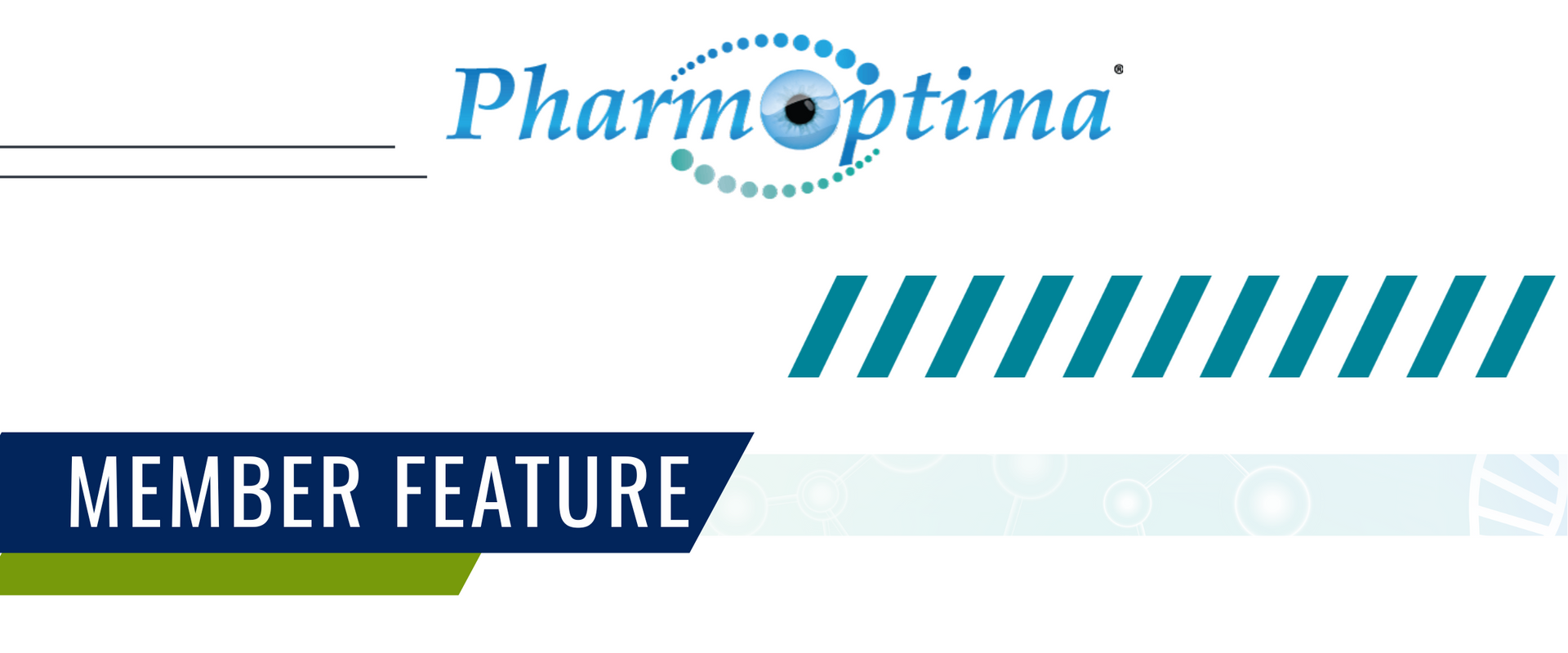Cayman Chemical Expands Molecular Diagnostic Research Offerings Through Partnership with PCRassays.com
Advancing Molecular Diagnostics Through Strategic Collaboration
ANN ARBOR, MI, JUNE 5, 2024—Cayman Chemical, a leading supplier of research tools for the life science community, has widened their portfolio to include molecular-based detection kits through a strategic partnership with PCRassays.com. PCRassays.com offers more than 200 qPCR-based assays for infectious diseases, over 50 of which are multiplex assays, including panels for wound, upper respiratory, urinary tract, and sexually transmitted infections.
“We are delighted to be partnering with Cayman Chemical to provide our portfolio of assays worldwide,” said shared company founder and CEO, John SantaLucia. “Cayman has a long-standing and exceptional breadth of products offered to the research community, and we’re enthusiastic about adding further value for researchers.” PCRassays.com’s line of products has been designed using DNA Software, the industry-leading multiplex design software. Multiplex PCR kits save researchers time and expenses by allowing for simultaneous detection, minimal enzyme amounts, and high-throughput analysis.
PCRassays.com is based out of Plymouth, MI and one of the many biotechnology companies representing Michigan, making this a growing hub for the life sciences. “We are honored and proud to be a part of a consortium of Michigan-based companies impacting the life sciences ecosystem in a meaningful way,” added Dr. SantaLucia. “We have engineered our enzyme formulations with Fortis (Empirical Biosciences), collaborated with the State of Michigan Department of Health and Human Services for the development of a novel assay, and have now partnered with Cayman Chemical, the leading Michigan-based company supplying life science reagents for researchers worldwide.”
About Cayman Chemical
Cayman Chemical helps make research possible by supplying scientists worldwide with biochemical tools used to understand cancer, neurochemistry, oxidative injury, endocrinology, atherosclerosis, and other human health challenges. Our scientists are experts in the synthesis, purification, and characterization of biochemicals ranging from small drug-like heterocycles to complex biolipids, fatty acids, and many others for use as research reagents and qualified standards. We are also highly skilled in all aspects of assay and antibody development, protein expression, crystallization, and structure determination. In addition, we offer a wide range of analytical services using LC-MS/MS, HPLC, GC, and many other techniques. Cayman performs generic drug development and production in both Ann Arbor, Michigan and Neratovice, Czech Republic. Learn more at www.caymanchem.com.
About PCRassays.com
PCRassays.com provides multiplexed research use only qPCR kits for the detection of human pathogens, food borne pathogens, wastewater surveillance, and research-based applications. PCRassays.com offers flexible multiplex configurations and has an automated design platform (DNA Software) for ever changing market dynamics. The team at PCRassays.com has world-leading expertise in nucleic hybridization, structure folding, and thermodynamics. In addition to our assays, we offer client services for custom assay design and development.
RECENT ARTICLES




